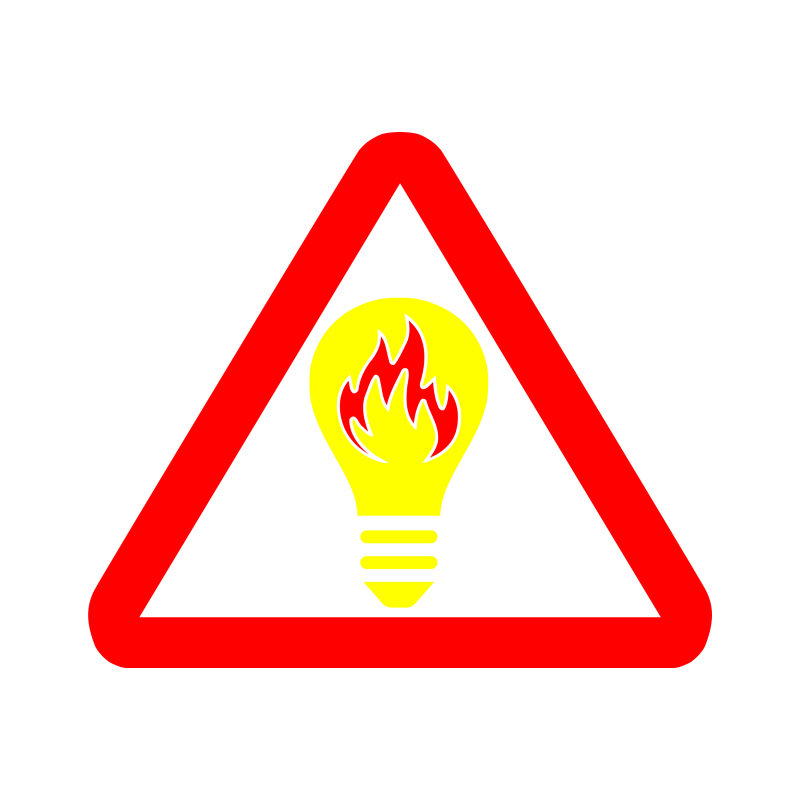In a world where technology evolves at breakneck speed, robots, artificial intelligence (AI), and automation are no longer the stuff of science fiction. Instead, they are fast becoming integral components of our everyday lives. As we continue to push the boundaries of innovation, these technologies are transforming the way we work, live, and interact. In this post, we will explore the latest advancements in robotics and AI, discuss their potential impact on society, and delve into the ethical considerations that accompany this brave new world.
The Rise of Robotics: Mechanical Marvels in the Modern World
The field of robotics has come a long way since its humble beginnings. From industrial machines that streamline manufacturing processes to humanoid robots capable of complex tasks, the potential applications for these mechanical marvels are virtually limitless. Some notable examples include:
Healthcare: Robots are revolutionizing patient care, with surgical robots like the da Vinci system enabling greater precision during operations, and telepresence robots allowing doctors to examine patients remotely.
Disaster relief: Robotic systems such as drones and ground-based robots can navigate dangerous environments, assess damage, and even perform search-and-rescue missions in the aftermath of natural disasters.
Personal assistance: Home robots like the Roomba have become household staples, while more advanced models such as the Temi robot offer companionship and assistance to the elderly and disabled.
The AI Revolution: The Emergence of Intelligent Machines
In recent years, AI has experienced rapid growth, and its impact on society is undeniable. Whether it’s the machine learning algorithms that power Google’s search engine or the voice recognition software in our smartphones, AI has infiltrated nearly every aspect of our lives. As this technology continues to mature, we can expect even more transformative applications, such as:
Transportation: Self-driving cars are no longer a distant dream. Companies like Tesla and Waymo are already testing autonomous vehicles, and it’s only a matter of time before they become commonplace on our roads.
Finance: AI-powered algorithms are being used to detect fraud, assess credit risk, and even provide personalized investment advice.
Healthcare: AI-driven diagnostic tools and personalized medicine are revolutionizing the way we treat diseases, offering new hope to patients with complex or rare conditions.
The Ethical Conundrum: Balancing Progress and Responsibility
As we integrate robots, AI, and automation into our daily lives, it’s crucial to consider the ethical implications of these technologies. Will the loss of jobs due to automation lead to widespread unemployment, or will it spur the creation of new, previously unimaginable career opportunities? How do we ensure that AI systems are designed to be fair, unbiased, and transparent? And what measures can we put in place to prevent the misuse of these powerful tools?
Addressing these questions will require a collaborative effort between technologists, policymakers, and society as a whole. By fostering open dialogue and prioritizing responsible innovation, we can strike a balance between progress and the well-being of humanity.
As we stand on the cusp of a new era in human history, it’s clear that robots, AI, and automation have the potential to reshape our world in profound ways. By embracing these technologies and harnessing their power for good, we can unlock untold possibilities and create a brighter future for all.
Are you ready for the robot revolution?
